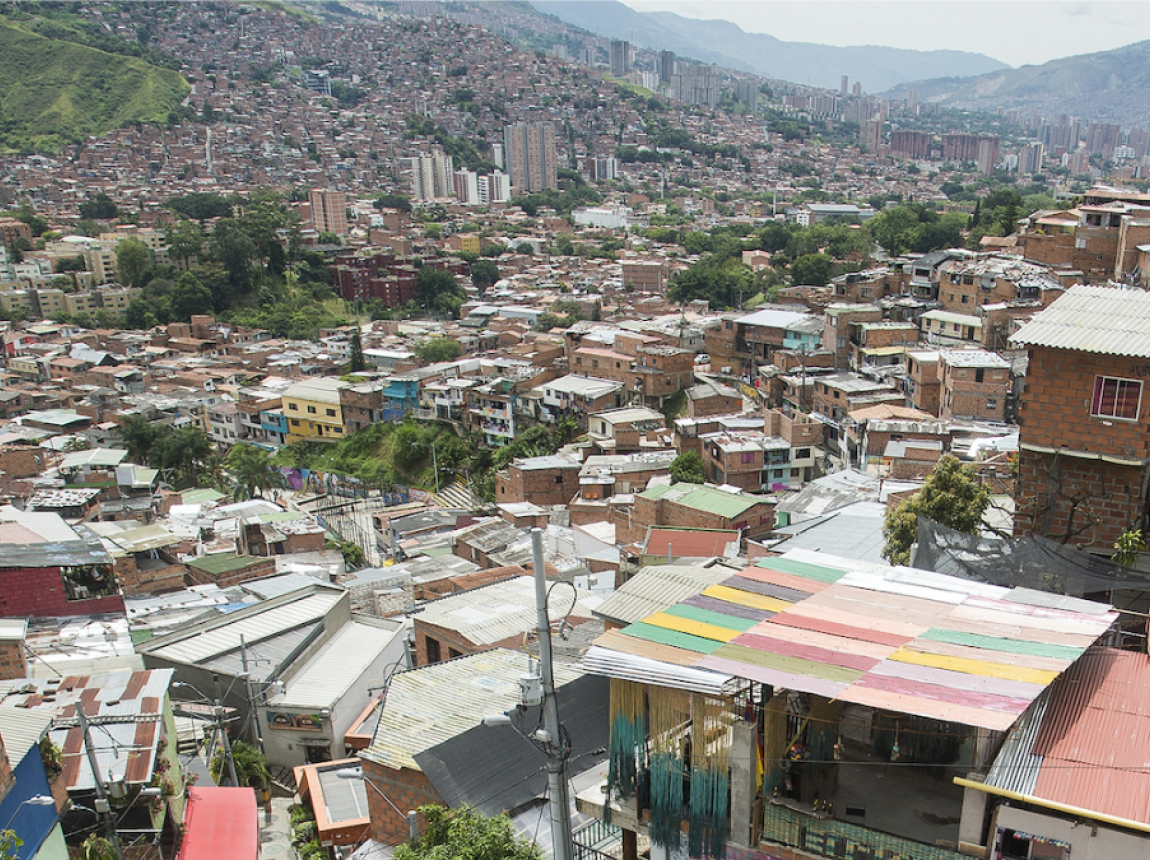Related

Jan 26,2022
Sara Arango-Franco Invited To Medellín, Colombia
To Be Data-Artist-in-Residence

Working Paper
/ Oct 06,2016
SDGs and Urban Sanitation in sub-Saharan Africa
“Mathiness” in Measurement
by
Robert Buckley, Achilles Kallergis
more on:
data

